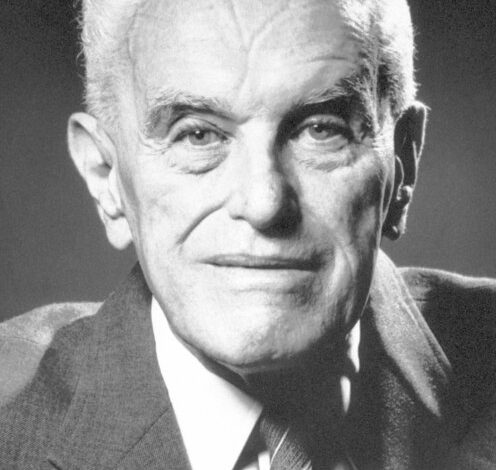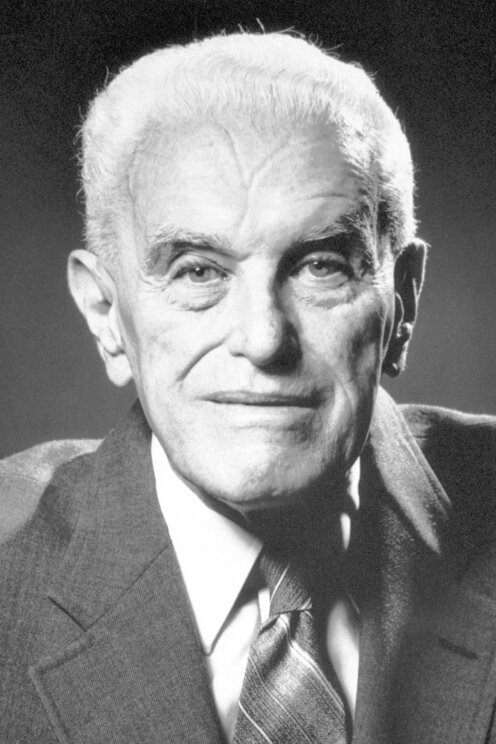Why was John Harsanyi Awarded the Nobel Prize for Economics in 1994?
John Harsanyi: Contributions to Game Theory and Social Choice

In 1994, the Nobel Prize in Economic Sciences was awarded to John Harsanyi, an influential Hungarian-American economist, for his groundbreaking contributions to the fields of game theory and social choice. Harsanyi’s innovative research has significantly advanced our understanding of how individuals make decisions in strategic situations and how societal choices can be optimized.

1. Pioneering Work in Game Theory
John Harsanyi’s most significant contribution lies in his pioneering work in game theory, a branch of economics that studies how individuals or entities interact strategically to achieve their objectives. In his influential paper “Games with Incomplete Information Played by Bayesian Players” (1967), Harsanyi introduced the concept of Bayesian games, which extended the classical framework of game theory to incorporate uncertainty and incomplete information.
By incorporating Bayesian analysis, Harsanyi demonstrated how individuals can make rational decisions when faced with incomplete information about the actions and preferences of other players. His research opened new avenues for understanding strategic interactions and decision-making in real-world scenarios, impacting fields ranging from economics to political science and beyond.
2. The Harsanyi Social Aggregation Theorem
Another seminal contribution by Harsanyi is the development of the Harsanyi Social Aggregation Theorem. In his work on social choice theory, he addressed the challenge of aggregating individual preferences into a collective social welfare function that could guide societal decision-making.
Harsanyi showed that under certain conditions, the social welfare function could be derived as a weighted sum of individual utilities, where the weights represent the relative importance society places on each individual’s well-being. This theorem provided a robust framework for reconciling individual preferences and deriving a collective welfare function, laying the groundwork for the study of social choice and welfare economics.
3. Utilitarianism and Social Ethics
John Harsanyi also made significant contributions to the field of social ethics, exploring the philosophical underpinnings of utilitarianism. He argued that the utilitarian principle, which seeks to maximize overall social welfare, could be justified as the rational choice for individuals operating under uncertainty.
In his influential book “Essays on Ethics, Social Behavior, and Scientific Explanation” (1976), Harsanyi extended his utilitarian approach to ethical dilemmas and social decision-making. He showed that under the assumption of individual rationality and the veil of ignorance (where individuals lack knowledge of their own positions in society), utilitarian ethics could be a compelling normative principle for societal governance.
4. Multi-Criteria Decision Making and Ethics
Harsanyi’s research also touched upon multi-criteria decision making, which involves making choices based on multiple conflicting criteria or objectives. His work provided a formal framework for decision-makers to evaluate alternatives in complex situations with multiple dimensions of value.
By integrating his insights from game theory, social choice theory, and ethics, Harsanyi made significant strides in understanding how individuals and societies can navigate complex decision-making processes to achieve better outcomes.
John Harsanyi’s pioneering contributions to game theory, social choice theory, and social ethics have had a profound impact on the field of economics and beyond. His innovative insights into strategic interactions, Bayesian games, and social welfare functions have reshaped our understanding of decision-making at both individual and societal levels.
The Nobel Prize awarded to John Harsanyi in 1994 recognized his transformative work and the significant advancements he made in multiple areas of economics. His research continues to inspire economists and scholars, guiding their analyses of strategic behavior, collective decision-making, and the interplay between individual and societal welfare. Harsanyi’s intellectual legacy remains a lasting testament to the power of rigorous economic analysis in understanding human behavior and societal choices.




